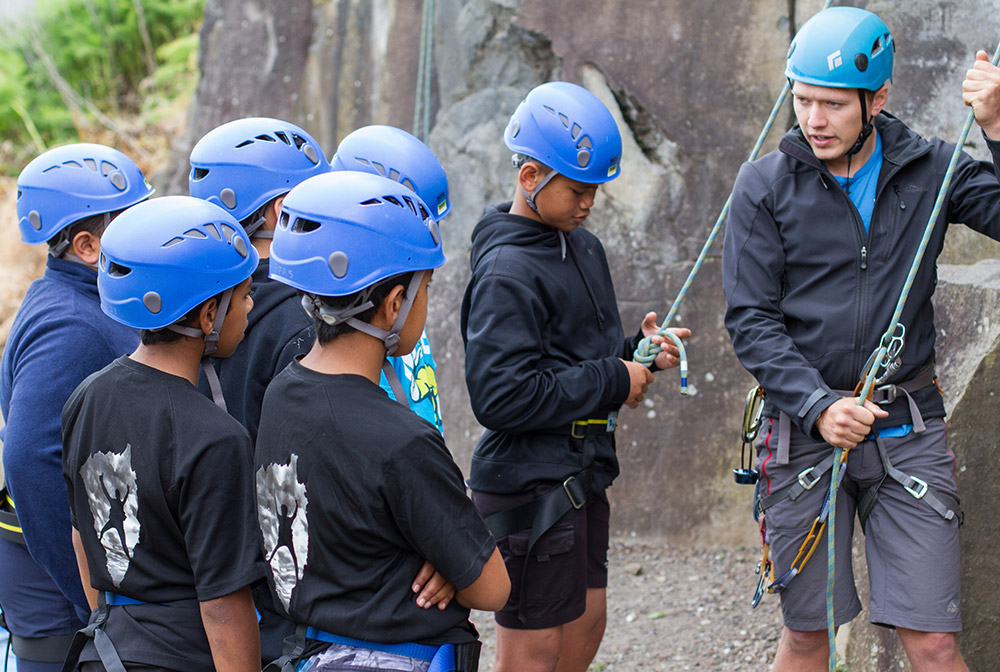How does the William Pike Challenge help young people?
Researchers at Unitec have uncovered the benefits of the William Pike Challenge! Their study evaluated our programme and how it develops youth in a positive way. The study looked at how the programme grows skills, builds good relationships and helps young people to get involved and lead. Researchers focused on confidence, competence, connection, caring, character and contribution. These ‘Six Cs’ are used around the world to measure the effectiveness of youth programmes.
William Pike Challenge builds competencies
The WPC builds social, academic and thinking skills, and helps prepare kids for careers. The study found that “These competencies were especially observed in young people who may have initially been more reserved, or whose strengths may not always be visible in a school setting.” That’s pretty cool, right!
William Pike Challenge helps grow students’ confidence
Students learn to believe in themselves when they take part in the programme. According to the study, students develop ‘belief that they can achieve’ when they try new things. Completing activities in the programme is a source of pride for students. And for the WPC team! We know how important confidence and self-belief are to success in life.
William Pike Challenge helps build connections
The WPC helps young people build stronger connections with peers, whānau, school and the community. Passion Projects and Community Service get students involved with others. The Outdoor Activities mean students get to know their peers and teachers in a new environment, so they can relate to each other in different ways.
Caring and compassion play a role in William Pike Challenge
Cooperation is particularly important for outdoor activities in the WPC. Students learn about reciprocity – taking turns. Community Service is way for students to give back through the programme. The researchers found that the programme helps young people understand and respond to other people’s needs. In other words, it builds empathy.
William Pike Challenge develops character
Growing skills, confidence and care can help young people build their character. The programme develops a person’s understanding of what is right and wrong, and become aware of different perspectives. It also develops tenacity and resilience – character building at its best.
‘Pikelets’ contribute
Researchers found that young people who take part in the WPC enjoy giving back. Community Service allows young people to experience the satisfaction of contributing. Many students want to keep volunteering even after they’ve completed the programme. Teachers say this is one of the reasons why young people who complete the William Pike Challenge often go into leadership roles.
So, what do you think? We’d love to hear about positive youth development in your community.

